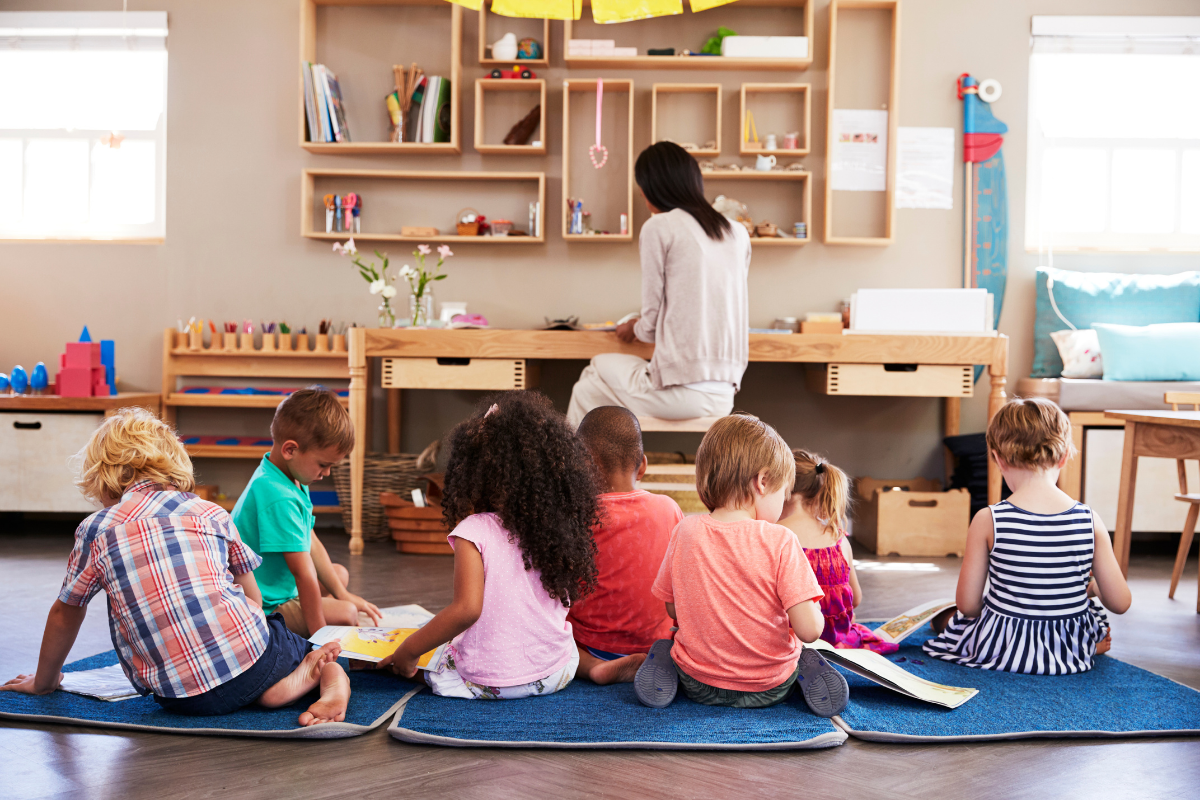
The Montessori Method is an educational philosophy that has been around for more than a century. A Montessori education can provide your child with a variety of different benefits that will help propel them through whatever challenges life may present.
Independent Learning
One of the primary features of a Montessori education is the focus on independent and self-paced learning. Every school day, children are given time to work uninterrupted on educational activities of their choosing. Teachers walk among their students, offering advice and guidance when needed but otherwise allowing the children to learn at a rate that works for them.
These independent work cycles give kids the chance to understand lessons on their own terms. It’s hard to learn something when you’re continually being interrupted, so Montessori teachers make sure students are given the time and space they need to absorb and understand. Work cycles typically vary in length based on the students’ ages and needs.
Engaging Activities
The materials provided at Montessori schools are unlike those found in any other kind of classroom. Students are given puzzles, models, and learning kits that are carefully designed to teach something unique about the world. Maria Montessori believed that most children prefer hands-on learning, so all of the materials are designed to provide tactile as well as visual information.
A curated learning environment is an important part of Montessori learning. Teachers will select materials that are appropriate for their students and make them available throughout the classroom. This idea of “freedom within limits” helps students maintain their sense of independence while still gaining the benefits of having an adult nearby.
Practical Experiences
Dr. Montessori wanted to create an educational method that helped children prepare for the real world. Part of her philosophy includes allowing children to participate in activities like preparing food, cleaning up the classroom, and gardening. Montessori found that most children are surprisingly capable of and interested in picking up these skills, especially if they are given appropriate teacher support.
This practical foundation helps kids pick up the motor skills they need to succeed. Most Montessori kids end up learning cleanliness, self-discipline, and the confidence needed to continue building good habits later in life.
Community Connections
Montessori classrooms typically contain students of several different grade levels. Students can expect to spend time around children that are both younger and older than them within a 2-3 year age bracket. This gives kids the opportunity to make friends outside of their immediate age group, resulting in a better ability to communicate with and learn from peers of all kinds.
This diverse classroom environment actually results in a deep sense of community and friendship that few other schools are able to replicate. Montessori students learn to share materials, work together, and participate in group activities that involve the entire class. Children are given chances to both teach and learn from other students, ensuring a wide variety of educational experiences that stick with them after they graduate.
All of these benefits together result in an advanced level of education that will prepare your child for the remainder of their academic career. Even a few years of Montessori school will give your child practical skills that they may rely on for the rest of their life. If you want to know more about how the Montessori Method can benefit your child, reach out to Austin Children’s Academy; we’ll be happy to answer all of your questions.





















